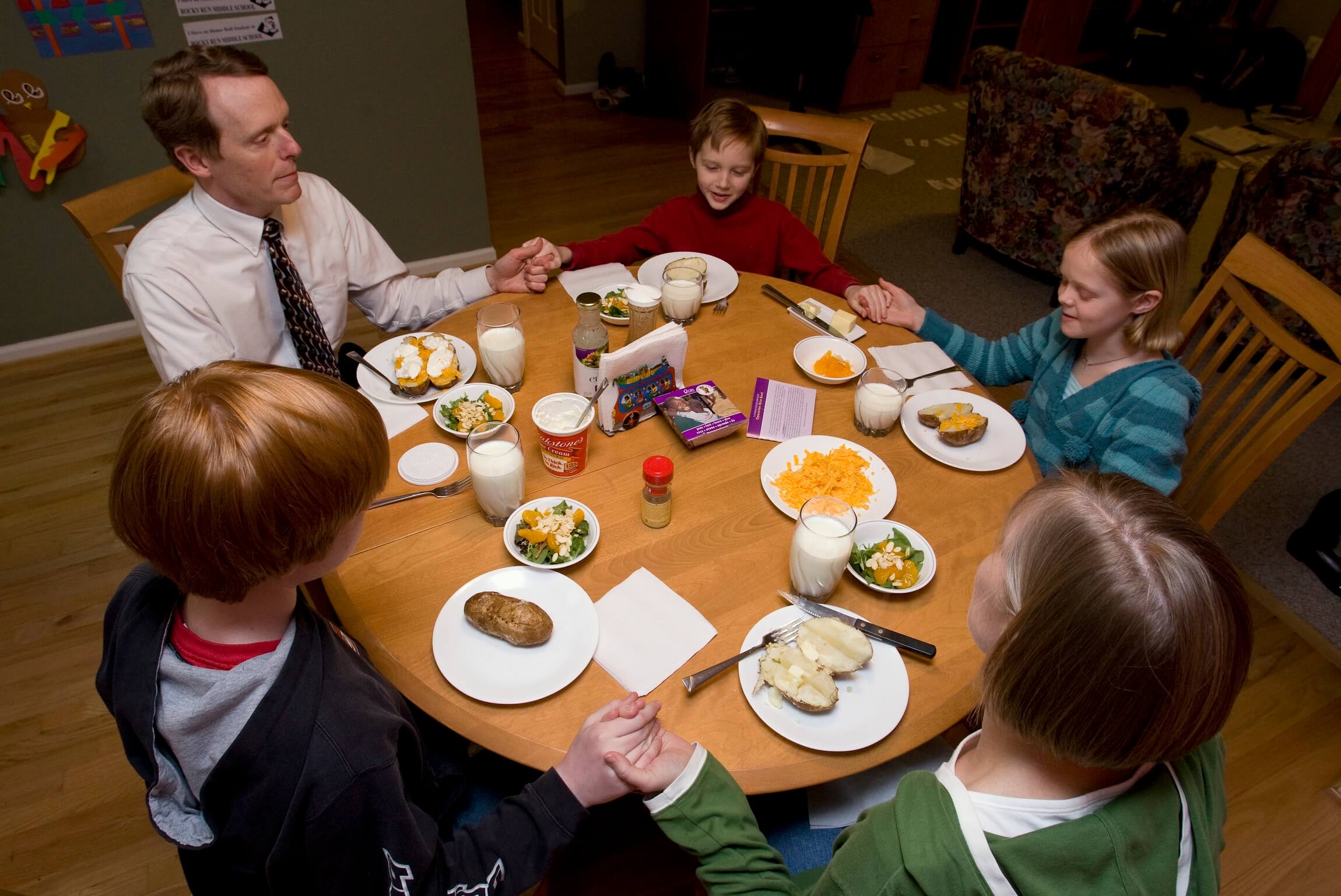
Jesus’ social etiquette
“On a Sabbath, Jesus went to dine at the home of one of the leading Pharisees. He said to the host who invited him, ‘When you hold a lunch or a dinner, do not invite your friends or your brothers or sisters or your relatives or your wealthy neighbors, in case they may invite you back and you have repayment. Rather, when you hold a banquet, invite the poor, the crippled, the lame, the blind; blessed indeed will you be because of their inability to repay you. For you will be repaid at the resurrection of the righteous” (Lk 14:12-14).
When I was a little boy, my mother worked as a nurse’s aide at Mt. Ascutney Hospital in Windsor in the nursing home section. Many times, she would introduce us to some of the residents when we would go to visit her at work. I was very shy, but I learned from her how to talk to “old people” and how to be polite. It was from those early experiences that my interest in working in healthcare took shape as well as my ease with the elderly. It never occurred to me until many decades later how my mother was living out the Gospel in her own unassuming way.
On a few, rare occasions, she was permitted to take an ambulatory patient to our home. It was only a short visit for coffee or lunch or just an outing, but the patient loved getting out, being with a family, going for a car ride and getting a change of scenery. The experience enhanced her dignity and the feeling of being wanted, valued; and above all, of being invited.
When Jesus speaks about inviting “the poor, the crippled, the lame and the blind” to one’s home, He is revealing to us something more than just a radical change in social etiquette. He is teaching us how to love because the act of inviting someone produces a transformation within the individual who has been invited. He or she realizes that somebody notices “me” — the “I” as an individual person. Somebody wants “me.” Somebody desires “my” presence. “I” must matter to somebody because I have been called out of my milieu into the world of another, who sees in me something that can enhance the quality of the common good of all those people gathered together.
For the Catholic Church’s social mission to be successful, it must be evaluated not merely in terms of secular standards of outcome analysis and quarterly reports, but by the “I’s” who have recognized their dignity, value and worth as individuals created and loved by God. Granted, that report will ultimately be known only in Heaven where Jesus promises an eternal reward for our labors, sacrifices and even good intentions that flopped — all done in His name.
So, consider whom you can invite to your next dinner party, Christmas lunch, birthday party or baptism reception. A friend from a nursing home? A lonely widow/er from church with no children at home? A refugee family from the neighborhood? An acquaintance with terminal illness? That’s social ministry!
Jesus will speak to your heart and inspire you whom to invite, how and when. And when He does, don’t be shy. For despite the fact that your guest may never be able to return the favor, your Father in Heaven will bless you generously — not only in Heaven, but here too.
—Originally published in the Winter 2018 issue of Vermont Catholic magazine.

